Leaders in Focus: The People Shaping BCG

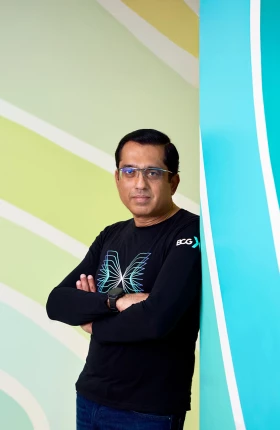
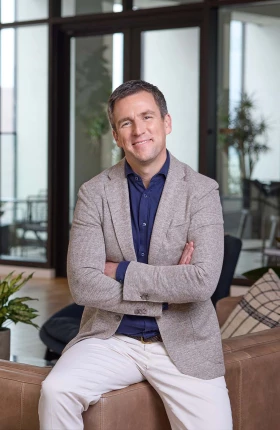
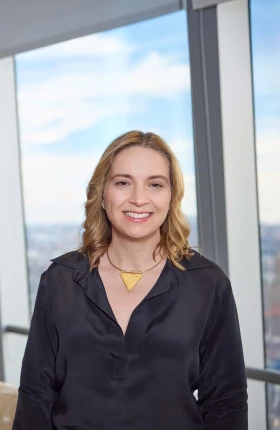
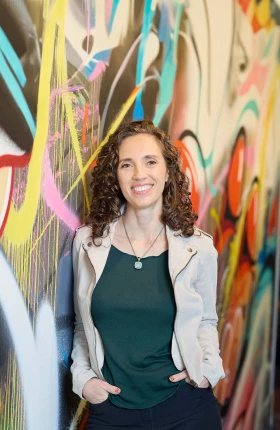
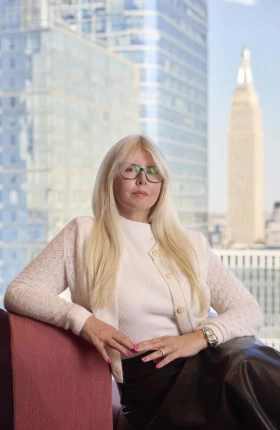

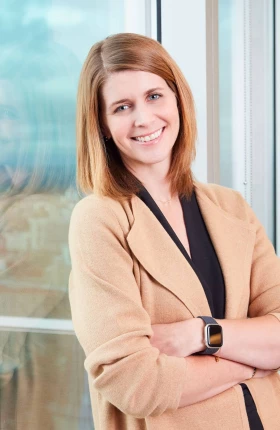
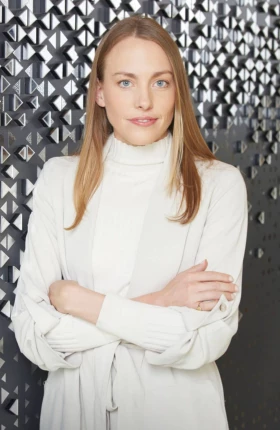
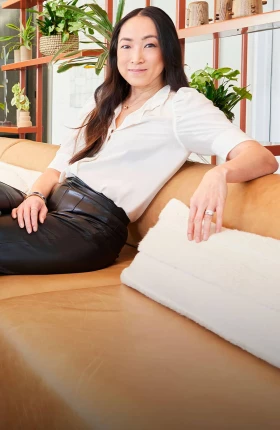

Justin Dean
-
 Powering the Energy Transition
Powering the Energy Transition Powering the Energy Transition
Powering the Energy TransitionJustin Dean
-
 Creating the Future with BCG X
Creating the Future with BCG X Creating the Future with BCG X
Creating the Future with BCG X -
 Personalization Powered by Purpose and AI
Personalization Powered by Purpose and AI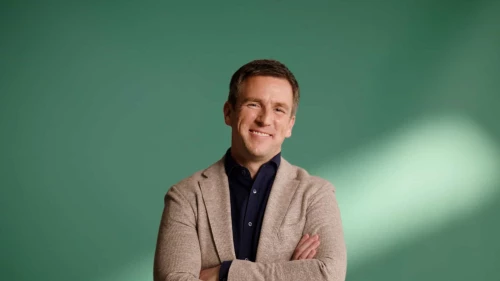 Personalization Powered by Purpose and AI
Personalization Powered by Purpose and AIMark Abraham
-
 The Power of People
The Power of People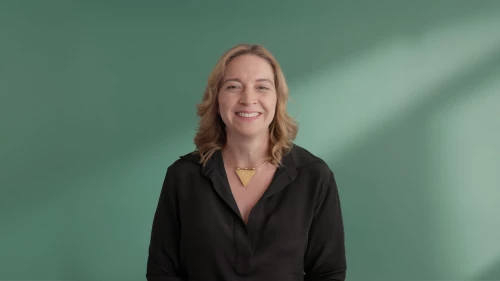 The Power of People
The Power of PeopleAlicia Pittman
-
 The Power of Possibility
The Power of Possibility The Power of Possibility
The Power of PossibilityLaura Juliano
-
 Unlocking the Potential of CEOs
Unlocking the Potential of CEOs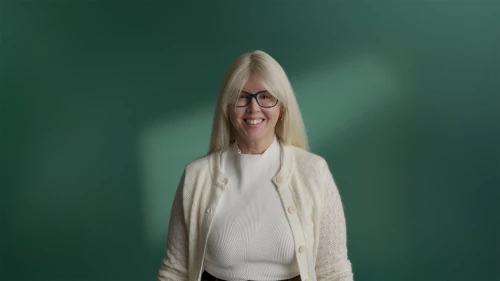 Unlocking the Potential of CEOs
Unlocking the Potential of CEOsChristine Barton
-
 A Passion for Complexity
A Passion for Complexity A Passion for Complexity
A Passion for ComplexityShalini Unnikrishnan